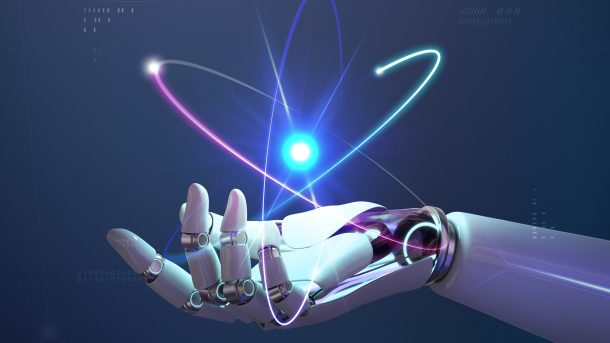The study you mentioned from the London School of Economics, MIT, and the University of Pennsylvania highlights the potential for generative AI, specifically Large Language Models (LLMs), to provide accurate predictions comparable to human forecasters. By aggregating predictions from a group of LLMs, researchers found that these AI models could achieve forecasting accuracy on par with a large team of human forecasters.
The research demonstrated that a dozen LLMs could match the predictive accuracy of a team of 925 human forecasters when asked a series of yes-or-no questions about future events. By incorporating data from the human forecasters into the AI’s decision-making process, the LLMs improved their accuracy by up to 28%.
While AI models may lack emotional bias, they can still exhibit overconfidence and imperfect calibration in their predictions. The study emphasized the importance of refining these models to ensure reliable predictions over the long term.
The concept of “wisdom of the silicon crowd” mirrors the traditional “wisdom of the crowd” phenomenon seen in human forecasting, where aggregating predictions from multiple sources leads to more accurate outcomes. AI models, like Large Language Models, can leverage this approach to provide competitive forecasting capabilities for real-world events.
In essence, the study suggests that AI, particularly LLMs, can offer a new avenue for accurate forecasting by harnessing the power of aggregated predictions. While there are still challenges to overcome, such as improving calibration and reducing overconfidence, the potential for AI to enhance predictive accuracy is promising.


